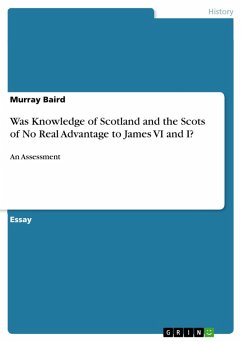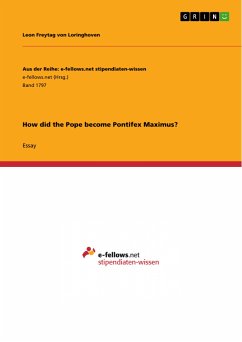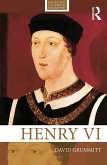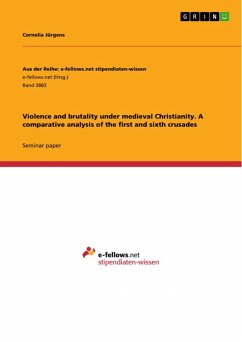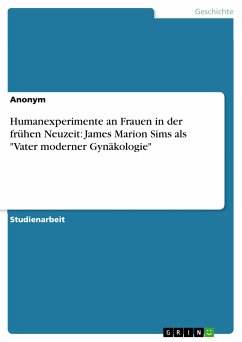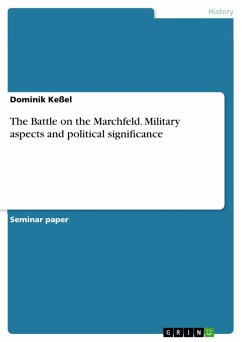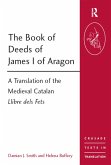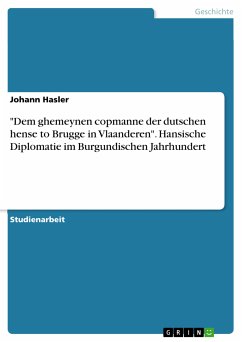Essay from the year 2006 in the subject History of Europe - Middle Ages, Early Modern Age, grade: 1c, University of Stirling, course: Scotland 1603 - 1707, language: English, abstract: James VI and I's knowledge of Scotland and the Scots was gained from his training for kingship, the turbulent circumstances of his minority and from the experiences of his predecessors, as this essay shows. Any discussion as to whether this knowledge was of real, as opposed to perceived, advantage to James must be examined in light of his beliefs, aims and aspirations relating to kingship, including the divine right of kings and absolutist tendencies. Inherent to the discussion are James's dealings with the nobility in Scotland and in both Scotland and England after 1603. Problems of the lawlessness of the Borders and Highlands, together with James's religious policies in both Scotland and England will also be examined. Following the Regal Union, knowledge of Scotland and the Scots will be further examined relative to his desire for a perfect union between Scotland and England, his government of Scotland as an absentee monarch and the challenges created by ruling two kingdoms with contrasting parliaments, courts and religious views. An assessment of any real advantage gained will be made considering how successful James was in achieving his goals.
Dieser Download kann aus rechtlichen Gründen nur mit Rechnungsadresse in A, B, BG, CY, CZ, D, DK, EW, E, FIN, F, GR, HR, H, IRL, I, LT, L, LR, M, NL, PL, P, R, S, SLO, SK ausgeliefert werden.

